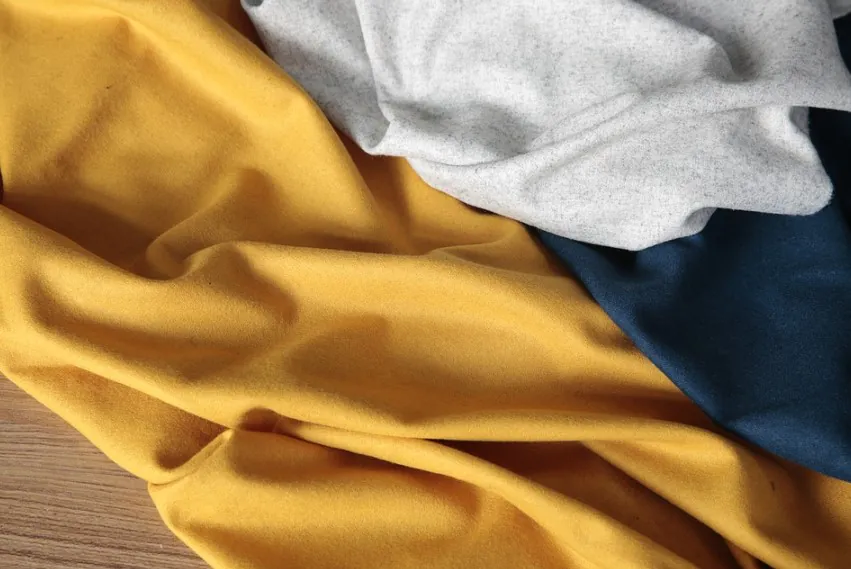
An increasing number of fashion designers are turning away from seasonal clothing and introducing pieces and lines that they intend to be in style for every season and in every year.
AYR (which stands for All Year Round) is one of the emerging popular brands at the forefront of this movement, and has recently debuted its first line of ‘seasonless’ women’s clothing. The label seeks to combine affordability and high-quality fashion, offering wardrobe essentials and pieces that are suitable for both the workplace and social events. AYR’s goal, as co-founder Maggie Winter told Forbes, is to “create a foundation of well-designed, high quality pieces a woman could wear over and over again, season after season, all year round.”
Labels like AYR are creating a sustainable alternative to ‘fast fashion’ brands—such as Forever 21—that offer affordable women’s clothing that is inexpensively made and is only ‘on trend’ for a short time. Seasonless fashion focuses more on the consumer’s needs rather than fleeting trends and offers them more value for their money over the long term than fast fashion does.
The seasonless fashion shift is expected to have a profound effect on the fashion industry and the textile and apparel market. It’s unlikely that seasonal collections—especially when it comes to high fashion—will ever go away, and fashion and apparel will never be immune to trends, but introducing lines of high-quality, year-round wardrobe essentials will provide clothing labels and vendors with a reliable source of income that’s dependent on what the consumer needs in their daily life rather than what high fashion dictates is in at the moment. They also have a better chance as retaining customers and building brand trust and customer loyalty though this avenue.
The move to year-round staples is also expected to change manufacturing practices—for some pieces, anyways. The majority of fast fashion brands have their products produced in low-labour-cost countries such as Bangladesh and Myanmar where factories are often forced to prioritize speed and overall production quantity over the quality of each individual garment. Considering the importance that seasonless fashion puts on quality, durability, and timelessness, the market should expect to see more long-life staples being made in higher-cost labour markets. AYR, for example, manufacturers much of their clothing in the United States, which is where they are based.
The growing popularity of seasonless fashion can also work to reduce textile waste, production costs, and the overall pollution involved in the textile production process. It also has the potential to change what kind of fabrics are most used in clothing and apparel—many seasonless fashion brands prefer to use more natural fabrics than synthetic ones.
It is worth noting that many of the clothing labels producing high-quality seasonless fashion are smaller than fast fashion giants and will therefore have a more difficult time remaining competitive in the market. AYR had only seven employees as of the end of 2016—a very significant reduction from the vast employee bases of fast fashion brands. What’s more, Forever 21 generated revenue of USD 4.4 billion as of the end of FY 2015, a number that most small brands simply cannot match, showing that consumer preference when it comes to affordable women’s fashion skews heavily towards fast fashion options. However, as more large companies and women’s clothing labels introduce more seasonless fashion options, consumer preference in the womenswear fashion industry—which is estimated to be worth more than USD 620 billion globally—may change on a wide scale.
Thousands of world’s leading textile and apparel companies can be in your contact list if you register to join BizVibe today! Whether you are looking reliable suppliers, top textile manufacturers, wholesalers and potential customers in over 70 major countries, or finding out what your competitors are buying and which suppliers they’re using, BizVibe can help you reach out to sales prospects and decision-makers in the textile industry across the globe.
Register for free now to build your own network of global textile companies on BizVibe



